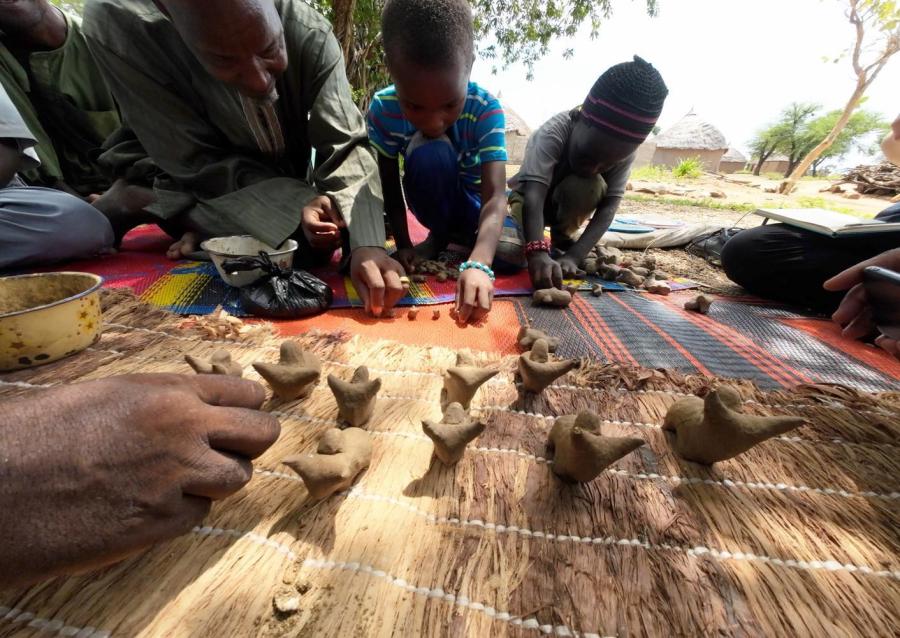Chad is the fifth largest country in Africa, twice as big as Texas, with suffering to match its size. For twenty years it has been torn by a persistent civil war between the Middle East-oriented northern regions of the country and the African southern areas. Economically, it has been drained by drought and famine that leave it a veritable "basket case."
The absence of effective government authority throughout the country has resulted in growing lawlessness and a climate of near anarchy. To combat and counter it, the central government has recently escalated efforts to impose its will, particularly in the south of Chad where opposition and dissidence are rampant. These "pacification" efforts have now led to widespread violence and, recently, to accusations of genocide.
The accusations have come, from numerous sources, although perhaps the most outspoken critic has been the magazine Afrique Nouvelle. In its edition of December 26, 1984, for example, under the title "Habre's Massacres," the magazine reprints a letter said to have come from a "former Chadian civil servant" who escaped the country in the fall of 1984 and who writes: "It is a pleasure to note that, alone in Africa, your magazine has the courage to denounce, along with Amnesty International, the genocide carried on by Hissen Habre for two years in the south of Chad." The editors reinforce the accusations by recalling their earlier denunciation of the "publicity made about Libyan soldiers in the north of Chad which overshadows the genocide for which Hissen Habre's soldiers are responsible in the south of Chad." In its January 23, 1985 edition, Afrique Nouvelle continues its accusations of "massacres by Habre" and cites "documents," including one prepared by Amnesty International attesting to "massive killings" and "extra-judicial executions." The text of the Amnesty International document in question (dated October 1984) is correctly quoted. However, Amnesty International does not employ the word "genocide" in the documents regarding Chad that have come to our attention.
Finally, it should be noted that officials of a new Chadian political coalition, the "Chadian Democratic Front" (FDT) which is dominated by southerners, privately contend that the Habre government's actions against southerners have reached the level of genocide. To date, however, this allegation does not appear in their public manifesto or published documents.
As a footnote, it might be added that the actions of the present Chadian government warrant particular American interest since President Habre owes his position in large measure to U.S. support. A Washington Post article on "Aid to Rebels" (May 27, 1985) states: "In Chad, the CIA scored its only recent public success. The agency worked with the intelligence services of Sudan and Egypt to back Hissen Habre in his 1981-82 struggle against a Libyan-backed government headed by President Goukouni Oueddei." Habre is thus considered the first "successful" contra movement supported by the present administration.
Article copyright Cultural Survival, Inc.

